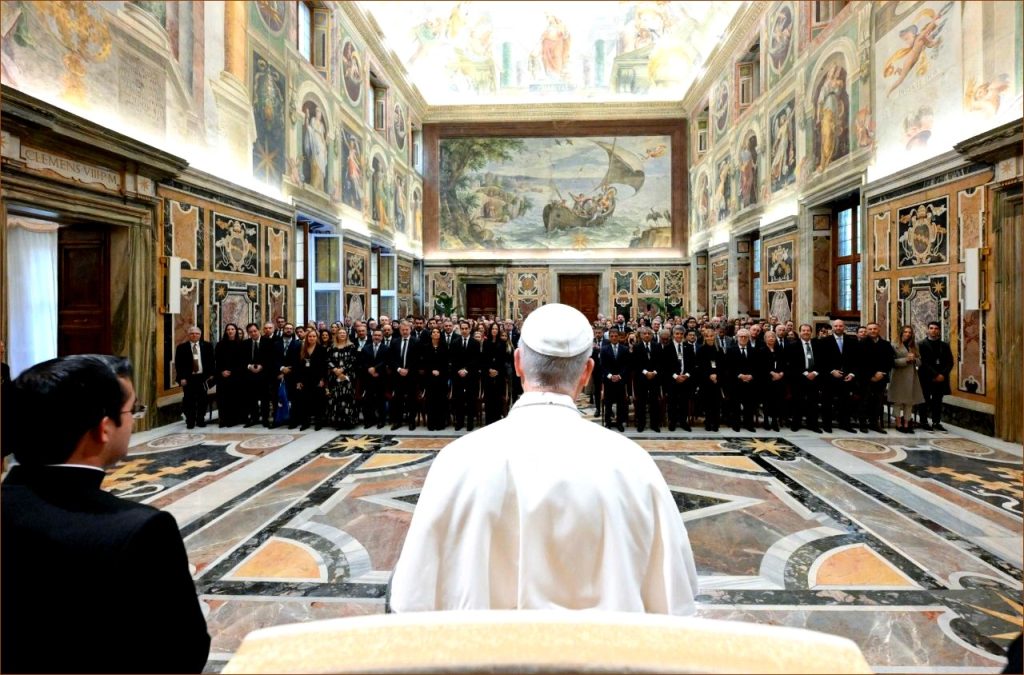Pope Leo XIV Advocates for Ethical Healthcare Amid Technological Advancements
On Monday, Pope Leo XIV welcomed members of the Latin American Association of Private Health Systems (ALAMI) to the Vatican. He emphasized the importance of maintaining an ethical perspective in healthcare, especially as technology and artificial intelligence continue to evolve.
The occasion was the 9th Seminar on Ethics in Health Management, hosted by the Pontifical Academy for Life. During his speech, the Pope remarked that this seminar, held during the Jubilee Year, is a “pilgrimage” towards understanding the ethical implications of healthcare decisions.
He acknowledged the diverse skills and experiences of the attendees and noted that the Church sees them as “pilgrims of hope,” valuing their various insights in the collective effort to care for the sick.
Concerns About AI and Bias
Addressing the challenges posed by new technologies, the Pope raised concerns about the potential for discrimination within healthcare systems, particularly when artificial intelligence is misused. He warned about “the risk of bias that can distort our understanding of society and patients,” leading to unfair treatment of individuals.
Pope Leo XIV cautioned that powerful digital tools could be influenced by economic or political motives, creating subtle biases in how health information is managed and shared. He stressed that technology should not reduce individuals to mere data points or statistics.
Emphasis on Human Dignity
To combat these concerns, the Pope urged healthcare professionals to adopt a broader view focused on solidarity and the common good. He suggested that it’s vital to “change our perspective,” looking at healthcare not just in terms of profit but in what benefits everyone.
He emphasized that technological advancements should never compromise human connections. “This wider view must always include human interaction, compassion, and acknowledgment of each person’s fragility and dignity,” the Pope stated.
In closing, he expressed hope that a balanced approach, combining ethical foresight with genuine human presence, would guide health leaders in their work.


